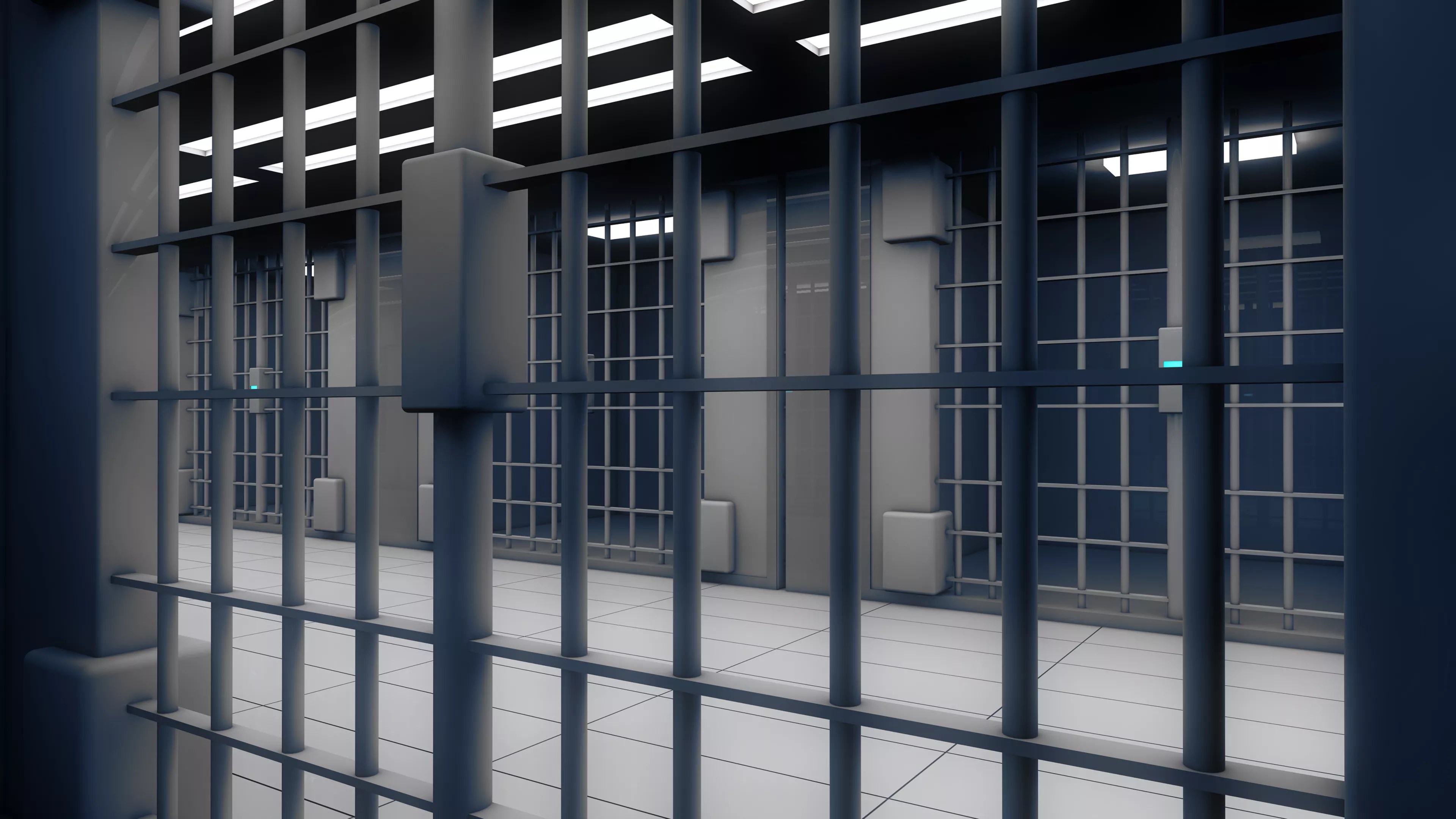
Adobe Stock

Audio By Carbonatix
A judge has recently ruled in the ongoing litigation regarding oppressive heat conditions in Texas prisons. United States District Judge Robert Pitman called the lack of air conditioning in inmate facilities “plainly unconstitutional,” but he stopped short of requiring action. According to the Texas Department of Criminal Justice (TDCJ), installing properly functioning air conditioning units in roughly two-thirds of Texas prisons without them would cost the state about a billion dollars.
“This case concerns the plainly unconstitutional treatment of some of the most vulnerable, marginalized members of our society,” Pitman wrote in his judgment. “The Court is of the view that excessive heat is likely serving as a form of unconstitutional punishment.”
Both the plaintiffs and Pitman agree that the scorching heat within Texas facilities violates the protections from cruel and unusual punishment provided by the Eighth Amendment. The plaintiffs, a collection of advocacy groups who joined inmate Bernie Tiede in a lawsuit, are required to move toward a criminal trial. The plaintiffs have until April 10 to submit a timeline for legal proceedings.
The TCDJ outlined a 25-year plan to install fully functioning air conditioning units in all 101 prisons. Pitman said the pace is too slow while still acknowledging that a billion-dollar project would not happen overnight with a less-than-billion-dollar budget.
As of April 1, the TCDJ counted 35 fully air-conditioned prisons and 53 partially air-conditioned ones. This leaves 13 prisons without air conditioning. But the TCDJ is reportedly working to improve prisons and install temperature control. During the last legislative session, they were awarded $85 million specifically for the installation of air conditioning units. This session, they are requesting $118 million.
“If approved, this would provide an additional 16,000 air-conditioned beds to the system, which would bring the total number of air-conditioned beds to more than 78,000,” read the TDCJ webpage tracking air conditioning progress.
On its face, the ruling seems like a dead-end, putting the ball directly in the court of the plaintiffs, but Marci Marie Simmons, a former inmate and one of the plaintiffs, told The Texas Tribune that she considered the decision a win.
“This is a federal judge saying Texas is unconstitutionally housing people in these dangerous and deadly temperatures,” Simmons told the Tribune. “I cried. I cried for my people on the inside.”
How we got here
Many Texas prisons, especially the older ones, are made of brick and lack air passages and operational windows. The facilities function like pizza ovens, trapping heat and creating conditions hotter than the external temperature. According to a 2022 study from Texas A&M University that tracked and measured prison heat, one facility reached a maximum of 149 degrees during one of the state’s regular heat waves.
When the heat index rises above 125 degrees, there is an extreme risk of fatal heat stroke. The same study from Texas A&M determined that 14 people die a year from heat-related deaths within Texas prisons.
Prison heat-related litigation has been ongoing in Texas for at least eight years. In 2018, the TCDJ reached a settlement with prisoners who filed a class action lawsuit about the lack of air conditioning at the Wallace Pack Unit. In 2023, Tiede, a convicted murderer and inspiration for the 2011 film Bernie, directed by Richard Linklater, sued the state of Texas after experiencing heat stroke at the Polunsky Unit.
Tiede was joined in his federal lawsuit by a multitude of advocacy groups concerned with prisoners’ rights and reform.
“If cooking someone to death does not amount to cruel and unusual punishment, then nothing does,” the complaint said.
Moving forward
Several bills have been filed to help the TCDJ handle the heat crisis. Two of them, House Bill 1315 and House Bill 489, are inspired by existing county prison law and would require federal prisons to keep temperatures between 65 and 85 degrees. A similar bill, Senate Bill 169, was filed in the Senate. In the last session, a nearly identical bill was filed in the Senate but failed to pass.
One of the bills, House Bill 3006, would require climate control installation to be completed by the end of 2032. A fifth bill, from Dallas County Rep. John Bryant, would require the TCDJ to install temperature gauges and submit an annual report to a review board detailing the events when the temperature reaches above or below the 65 to 85 range.
None of the bills have been scheduled for a hearing.
“I don’t know how state leaders look at themselves in the mirror with this situation persisting, Bryant said to the Tribune. “I’m hopeful this will be treated more seriously this session. It’s a moral, and now, a legal responsibility.”